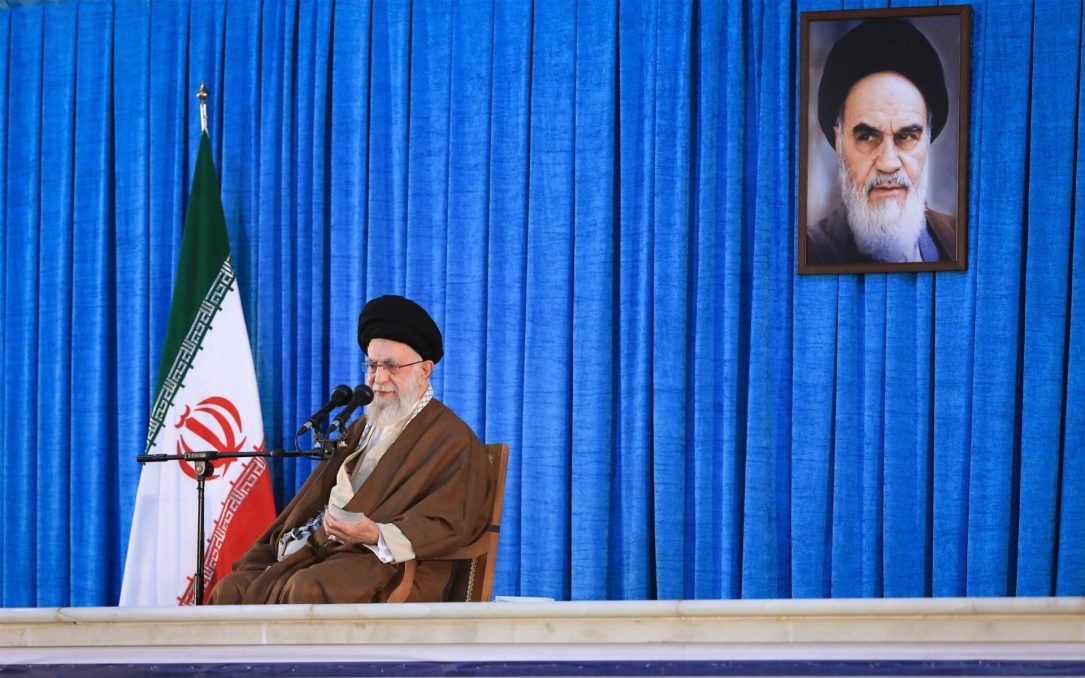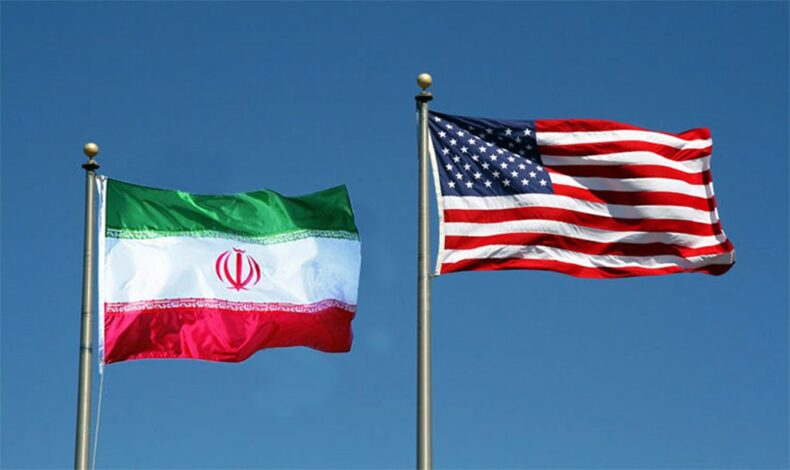Israeli sources said that the prisoner exchange agreement that the US and Iran announced on Thursday is a component of a broader framework of understanding between Tehran and Washington that has been aimed at limiting Iran’s nuclear program.
The prisoner swap is the result of agreements reached between the US and Iran during covert negotiations in Oman, according to two senior Israeli defense officials who spoke to The New York Times.
As the Biden administration works to stop Iran from building nuclear weapons, the prisoner agreement may also help strengthen diplomatic ties between the two countries.
What will happen if the deal goes through?
If the prisoner exchange is successful, it will resolve some of the problems between Washington and Tehran. In addition, tensions between the two nations have risen as a result of Iran’s threats to commercial maritime trade in the Persian Gulf and its backing for Russia’s invasion of Ukraine.
Iran and the US seem to be abiding by the unofficial pacts reached in Oman, which call on Iran to stop further nuclear program development and forbid its proxies in Iraq and Syria from targeting US soldiers.
US military officer told the New York Times that Iran-backed militias in Syria and Iraq have reduced their activity against US troops. An Israeli official also said that Russia is seeking further military assistance from Iran, in spite of the hundreds of attack drones Iran has provided to boost Moscow’s war effort.

What does the deal entail?
As a first step in the prisoner swap agreement, Iran exchanged five Iranian Americans from prison to house arrest for six to seven billion dollars in frozen Iranian cash held in South Korea due to sanctions.
If the deal is approved, the money, according to Iran’s UN delegation, will first be sent to Qatar before being sent to Iran. Due to the complexity of the financial operations, Iranian authorities informed The Associated Press that the final money transfer and eventual release of the captives are anticipated within the next month or two.
Iran has also stated that it wants Iranian captives imprisoned in the US to be freed. On who or how many Iranian inmates might be released as part of a final accord, American officials opted not to comment. Five Iranians who are currently detained in the US will be released, according to The New York Times.
Iran and the US have agreed to pardon and release five detainees on an equal basis as part of a humanitarian cooperation arrangement mediated by a third-party government. The release of these inmates from custody is an important first step in carrying out this agreement, according to a statement from Iran’s UN mission.
What does the US have to say:
The deal would undoubtedly expose US President Joe Biden’s administration to further criticism from Republicans and those who claim that it is supporting Iran’s economic growth at a time when Iran poses a rising threat to US soldiers and Mideast allies.
The deal would undoubtedly expose US President Joe Biden’s administration to further criticism from Republicans and those who claim that it is supporting Iran’s economic growth at a time when Iran poses a rising threat to US soldiers and Mideast allies.
US officials have denied striking a nuclear agreement with Iran during the covert talks in Oman. According to US Secretary of State Antony Blinken, the prisoner swap won’t result in more sanctions relief for Iran.













